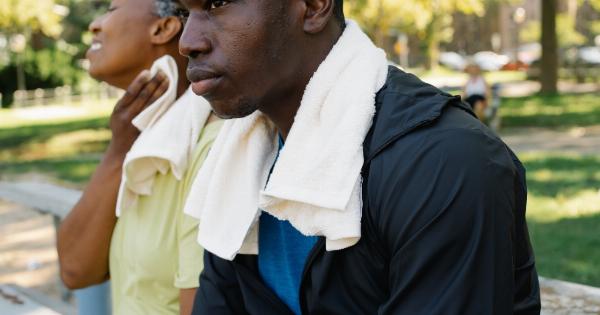Summer is the time for beaches, picnics, and other outdoor activities that we can’t do all year round. Most people love summer, but it can also be dangerous for our well-being.
The hot and humid weather can cause various health issues, and we need to be aware of them to stay safe. We will discuss the dangers and the precautions that we can take to enjoy summer safely.
Skin Damage
The sun’s harmful UV rays can cause skin damage, including sunburns, skin cancer, and premature aging. It’s essential to wear sunscreen with an SPF of 30 or higher and reapply it every two hours or after swimming or sweating.
Wearing protective clothing, such as hats, sunglasses, long-sleeved shirts, and pants, can also reduce the risk of skin damage.
Dehydration
The hot and humid weather can cause dehydration because we lose fluids through sweating. Drinking plenty of water, avoiding caffeine and alcohol, and eating foods with high water content can help prevent dehydration.
Symptoms of dehydration include dry mouth, thirst, fatigue, and dizziness.
Heat Exhaustion
Heat exhaustion occurs when the body overheats due to exposure to hot and humid weather. Symptoms include dizziness, nausea, headache, fatigue, and excessive sweating.
To prevent heat exhaustion, stay hydrated and avoid being outside during the hottest parts of the day. If you experience symptoms, move to a cooler area, drink water, and rest.
Heat Stroke
Heat stroke is a severe form of heat exhaustion and can be life-threatening. Symptoms include a high body temperature, a rapid heartbeat, confusion, and loss of consciousness.
If someone shows symptoms of heat stroke, call for emergency medical help and move them to a cool area. Try to cool them down by applying cool wet cloths and giving them water.
Food Poisoning
Food poisoning can occur when food is left out in the heat for too long, allowing bacteria to grow. Symptoms include diarrhea, nausea, vomiting, and cramps.
To prevent food poisoning, keep perishable foods refrigerated, cook food to the appropriate temperature, and wash hands frequently when handling food.
Insect Bites and Stings
Summer is the time when insects are most active, and their bites and stings can be painful and cause serious allergic reactions.
To prevent insect bites and stings, wear long-sleeved shirts and pants, use insect repellent, and avoid wearing perfumes and scented lotions. If you get stung, remove the stinger and apply a cold pack to reduce swelling.
Water-Related Accidents
Summer is also the time when people enjoy swimming, boating, and other water activities. However, water-related accidents can be deadly. Always swim with a partner, never swim alone, and make sure that children are supervised when near water.
Wear life jackets when boating, and never swim or boat under the influence of alcohol.
Eye Damage
The sun’s UV rays can also cause damage to our eyes. Wear sunglasses that block at least 99% of UVB rays and 95% of UVA rays when spending time outdoors. Wraparound sunglasses provide even more protection by blocking rays from the side.
Conclusion
Summer is a wonderful time of year, but it can also be dangerous for our well-being. To enjoy summer safely, we need to be aware of the potential dangers and take appropriate precautions.
Wearing sunscreen, staying hydrated, avoiding the hottest parts of the day, and wearing protective clothing can help us avoid skin damage and dehydration. Taking precautions to prevent heat exhaustion and heat stroke and avoiding sun damage to our eyes are also important.
Finally, practicing safe swimming and boating practices and taking appropriate measures to prevent insect bites and food poisoning can help us enjoy summer safely.






























